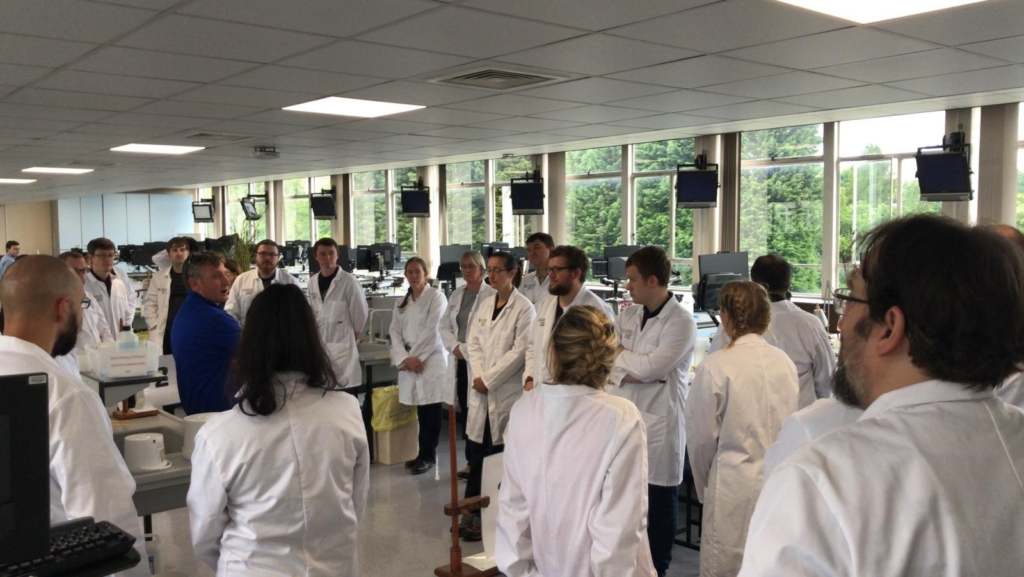Midlands Open Bioimaging (MOB) is a collaborative network that facilitates remote training and access to advanced microscopy.

The universities Birmingham, Leicester, Nottingham and Warwick are exploring and developing tools to enhance access to advanced optical microscopy techniques. This initiative is supported by a £1 million grant from Biotechnology and Biological Sciences Research Council (BBSRC), which is part of UK Research & Innovation (UKRI). Significant progress in advanced microscopy has opened exciting opportunities to directly observe complex biological processes in living cells with unprecedented spatiotemporal resolution. However, these methods require sophisticated equipment and expert knowledge available in only a few, highly-specialised centres. By creating an asset based on the most recent technology developments in remote control and fluorescence microscopy, this project aims to break this accessibility barrier by providing remote training and access to state-of-the-art equipment to the wider biomedical community.











This initiative is an excellent vehicle for enhancing relationships within the Midlands Bioimaging community in the region. Coordinating procurement, discussing installation plans and barriers has improved understanding of data security, attitudes to tools such as team viewer and the teams are now more familiar with the microscope set ups at other universities.
Improved industrial engagement
The University of Nottingham’s upgraded systems has allowed real-time analysis of samples for SMEs leading to valuable, time-dependent discussions on improving sample preparation.
Better training
The Zeiss CD7 at the University of Nottingham has allowed staff across campus to be remotely trained at the same time. Specialists from Zeiss in Germany have run a VR demonstration package also showing the potential for remote control of a confocal microscope.
Sustainable & More Efficient Support From Suppliers
Remote access functionality is in place at multiple universities, supported by engineers and product specialists for training and day-to-day running of the laboratories. This is a more sustainable and cost-effective way of working as it removes the need for engineers to travel to the universities which also leads to faster response times.
Advanced microscopy methods and expertise supported by MOB, which range from single-molecule microscopy to large volume light sheet imaging, have a huge potential.
Davide Calebiro
Professor of Molecular Endocrinology from University of Birmingham and Co-Director of COMPARE


Midlands Innovation aims to develop the skills of our people whilst empowering and celebrating our diverse research and innovation community. We deliver world-class research that impacts our people living in our communities.

Based at the University of Warwick, the Midlands Tier 2 high-performance computer (HPC) system Sulis focuses on enhanced ensemble computing workflows. Funded by EPSRC and the HPC Midlands+ Consortium, the facility is the first machine of its kind in the UK to vastly increase research potential for ensemble computing.

As part of our commitment to promoting the sharing of publicly-funded research infrastructure, our research community can access over 1000 items of scientific equipment from across Midlands Innovation – from electron microscopes to MRIs to 3D printers - through the Jisc Equipment Database. The database is freely available to use for anyone, whether you are a researcher, technician, research manager, funding body or policy maker.

Midlands Innovation aims to develop the skills of our people whilst empowering and celebrating our diverse research and innovation community. We deliver world-class research that impacts our people living in our communities.

Midlands Innovation aims to develop the skills of our people whilst empowering and celebrating our diverse research and innovation community. We deliver world-class research that impacts our people living in our communities.